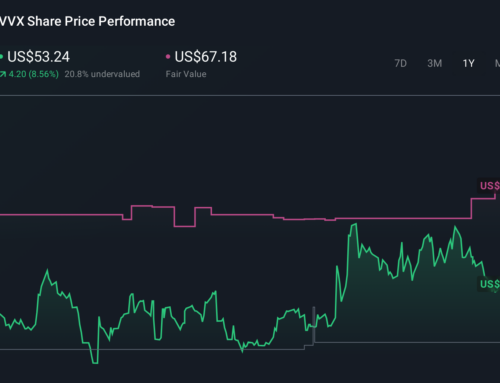BRICS: An environmental cooperation opportunity for half the world’s population
April 15, 2025
TEHRAN – The modern world is grappling with a series of profound environmental and social challenges. Although these issues are frequently mentioned in diplomatic meetings, negotiations, and media coverage, they remain largely unaddressed on the ground. Problems such as global warming, biodiversity loss, drought, soil erosion, water scarcity, and pollution are not only unresolved by political bias, misconduct, and human conflicts—they are in fact exacerbated by them.
These environmental crises trigger a cascade of further consequences: rising food prices, emerging diseases, forced migration, poverty, economic decline, and more. Crucially, these challenges no longer distinguish between the Global South and North. Their impacts are evident across all nations. They transcend political borders and now threaten the future of humanity as a whole.
This is the point at which collective, convergent action becomes not just important—but essential. Addressing these global threats requires coordinated international efforts, not isolated national responses. Decisive actions—such as the mobilization of financial resources, the transfer of technologies, capacity building, and enhanced global cooperation aimed at achieving sustainable social and economic development alongside environmental protection—are of paramount importance. Conversely, unilateral, unfair, and unbalanced trade restrictions in international markets obstruct the ability of developing countries to fulfill their environmental commitments, creating new layers of complexity and difficulty.
The Islamic Republic of Iran, whose Constitution explicitly emphasizes environmental protection, considers the principles of sustainability a binding national commitment. Environmental conservation has consistently been a cornerstone of Iran’s policy agenda. Even under the burden of unjust and unilateral economic and political sanctions, Iranian experts and environmental advocates have continued their efforts to uphold the values enshrined in the Constitution.
Under the new administration of President Masoud Pezeshkian, international engagement and constructive global partnerships are central priorities. One of the government’s most urgent areas of focus is deepening international cooperation in the environmental sector.
Iran is among the countries with relatively high greenhouse gas emissions, and its geographical location makes it particularly vulnerable to the impacts of climate change. The country faces persistent and worsening droughts, severe dust and sandstorms, major biodiversity loss, sharp declines in surface runoff, and overextraction of groundwater to compensate for diminishing water resources. These effects have led to falling agricultural productivity and increased vulnerability of critical infrastructure and industrial facilities. The approximately 50% decline in surface runoff in most of Iran’s watersheds—despite an overall decrease in average precipitation—reflects the depth and severity of climate change impacts in the region. In addition, Iran suffers from alarming levels of air pollution and energy overconsumption, with energy intensity standing at 2.5 times the global average.
A transition toward a low-carbon green economy is a vital pillar of the global response to climate change. This transformation requires a fundamental shift toward clean energy sources, improved energy efficiency, and greater support for sustainable urban development and transport systems. Embracing such strategies can significantly mitigate climate-related risks while unlocking new economic opportunities and improving the quality of life for communities around the world.
The 11th Meeting of BRICS Environment Ministers provided the Islamic Republic of Iran with a unique opportunity to engage with ten other countries that collectively represent half of the world’s population and around 40% of global GDP. Iran’s primary proposal centered on strengthening South-South cooperation in the environmental domain. This includes technical, financial, and advisory collaboration—particularly through knowledge and experience exchange, joint project implementation, and expert delegation among BRICS nations.
Effective cooperation requires the creation of robust financial mechanisms and incentives for investment. The establishment of a BRICS Green Fund, expanded financial contributions from member states, and the development of clean and renewable energy infrastructure, smart grids, and sustainable public transportation systems are among the first critical steps the group can pursue.
We remain hopeful that environmental collaboration will become a meaningful bridge between nations—fostering solidarity under the banner of friendship. Through this spirit of unity, we can support one another in our greatest shared cause: the protection and preservation of Earth’s ecosystem.
Search
RECENT PRESS RELEASES
Related Post




